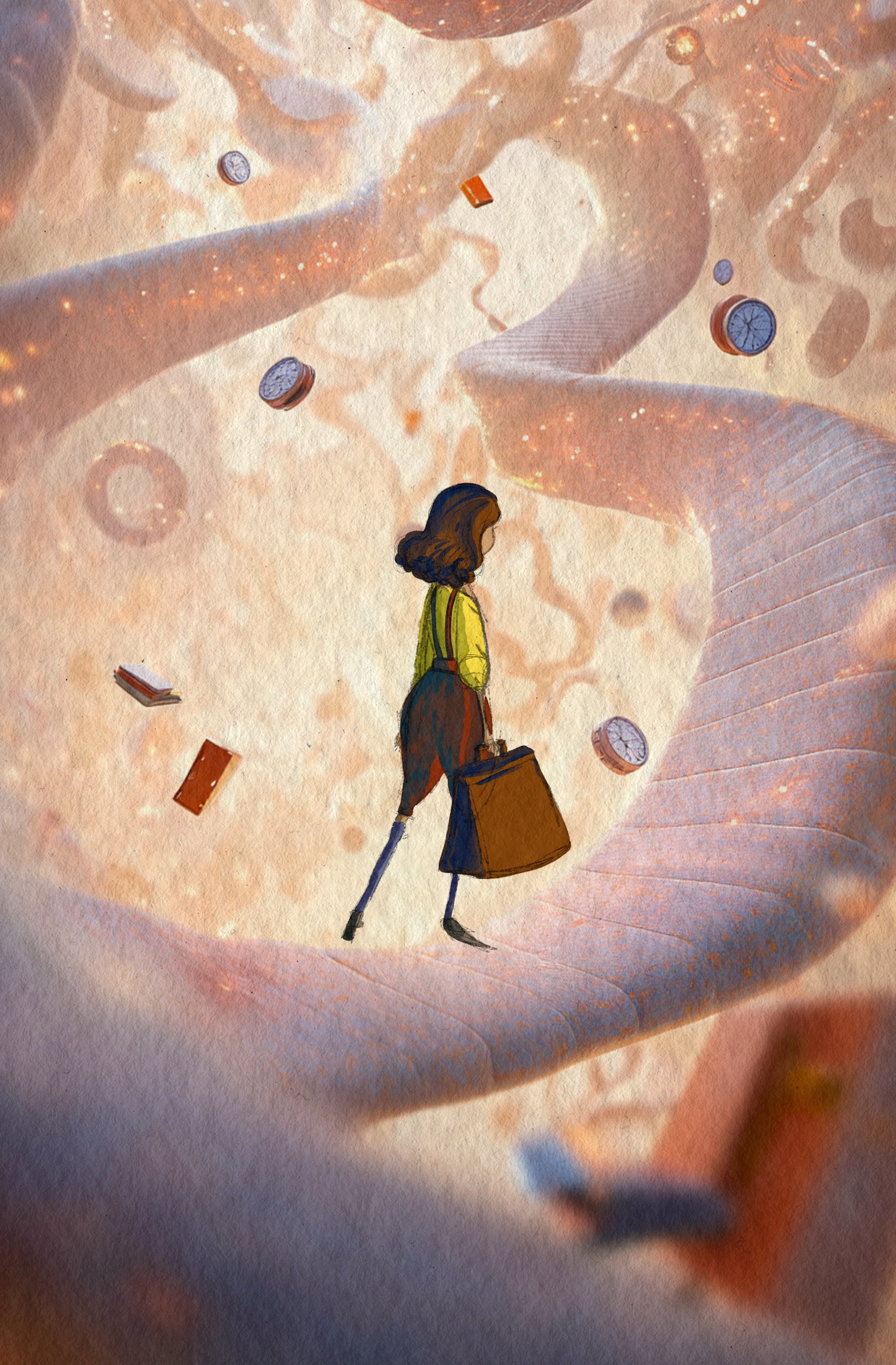Combining local and scientific knowledge in ecosystem based DRR in Sri Lanka.
Abstract
In many countries ‘green’ ecosystem-oriented solutions are preferred for sustainable Disaster Risk Reduction (DRR) over ‘grey’ infrastructure protective mechanisms. Sustainably managed ecosystems decrease disaster risks by mitigating the impacts of hazards and reducing community exposure. The potential of ecosystems in DRR is increasingly recognized but still poorly understood and researched compared to dominant physical scientific and engineering approaches. Furthermore, a significant gap exists in terms of combining local/indigenous and scientific knowledge for ecosystem-based DRR. Local and indigenous knowledge for ecosystem-based DRR evolves from local communities’ experiences, local-based observations and inter-generational knowledge. Scientific knowledge for ecosystem-based DRR is based on scientific methods and principles, the detached deductive, observational, data analytical, and systems approach. The two knowledge domains should be viewed as two halves of a more holistic approach to contribute towards sustainable ecosystem based-DRR. This research will adopt a case-study design in the Rathnapura District and Kolonnawa Divisional Secretariat Division of Sri Lanka. Primary data will be collected through semi-structured interviews and focus group discussions. Secondary data will be collected through governmental agencies’ and departments’ databases. Research outcomes are expected to fill significant gaps in ecosystem-based DRR literature and contribute to the advancement of theoretical knowledge in DRR globally. In this presentation, I will talk about how disaster risk reduction has evolved, ecosystem-based approaches for disaster risk reduction, and integrating local knowledge and scientific knowledge for ecosystem-based disaster risk reduction. I will also take examples from disasters all over the world.
Downloads
Metrics
Copyright (c) 2022 Damithri Jayasekara Lansakara Ul Arachchige
Article text:

This work is licensed under a Creative Commons Attribution 4.0 International License.
Photos:
The images in Rangahau Aranga are not covered by the Creative Commons license and are subject to copyright. Permission to reproduce this material must be sought from the copyright holder concerned.






